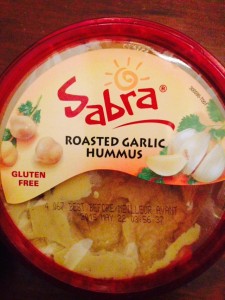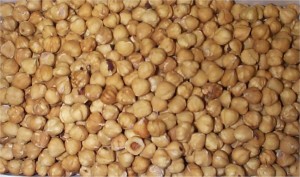An ongoing challenge in my home is getting my kids to eat healthy foods. We’ve tried all the strategies (introduction, hiding, urging, yelling – okay, maybe that one isn’t so good) and we’ve made some progress.
As we work on nutrition, we supplement with vitamins, of the gummie kind.
At least the kids get some essential compounds everyday if all they eat is pasta covered in parmesan cheese.
According to a press release, some Nature Made gummies may be contaminated with Salmonella and Staph aureus because of a testing issue.
Pharmavite LLC is recalling specific lots of Nature Made® products detailed in the chart below due to possible Salmonella or Staphylococcus aureus contamination.
We are initiating this recall out of an abundance of caution to protect public health. Pharmavite is working closely with the FDA to implement this recall and we are notifying all retail customers and distributors to remove the product from store shelves immediately. No other products are impacted by this recall. The recalled products were distributed nationwide to various major retailers.
The recall was initiated after it was discovered that Salmonella and/or Staphylococcus aureus testing were not completed properly on these specific batch lots. Pharmavite has identified the cause of the error, is taking the matter very seriously and has implemented corrective actions to rectify the issue. Pharmavite cares deeply about the health and safety of consumers and we apologize for any inconvenience.



 Have they validated their sanitation procedures?
Have they validated their sanitation procedures?